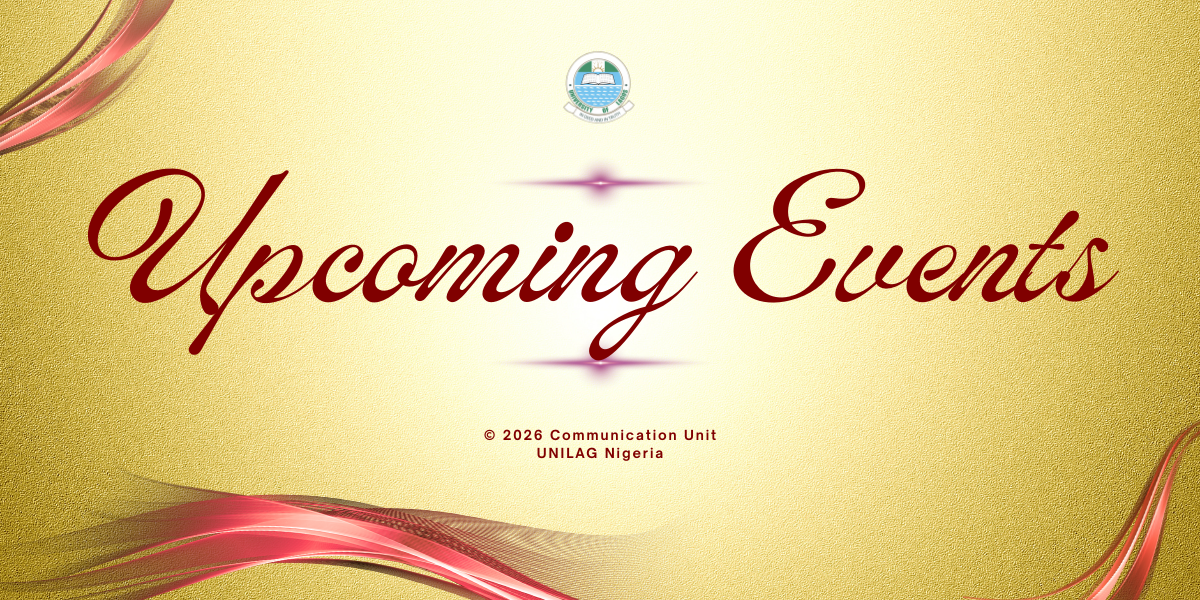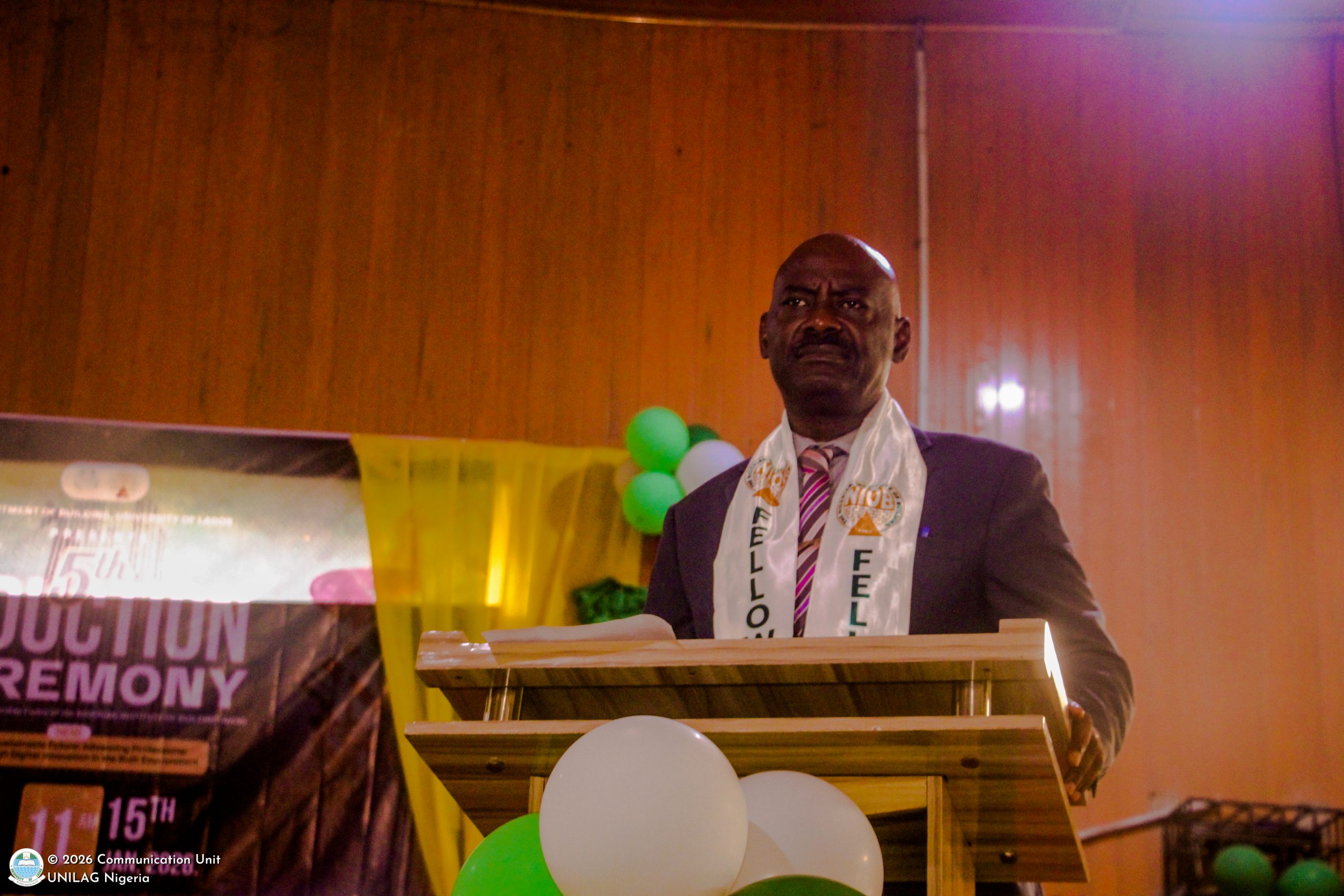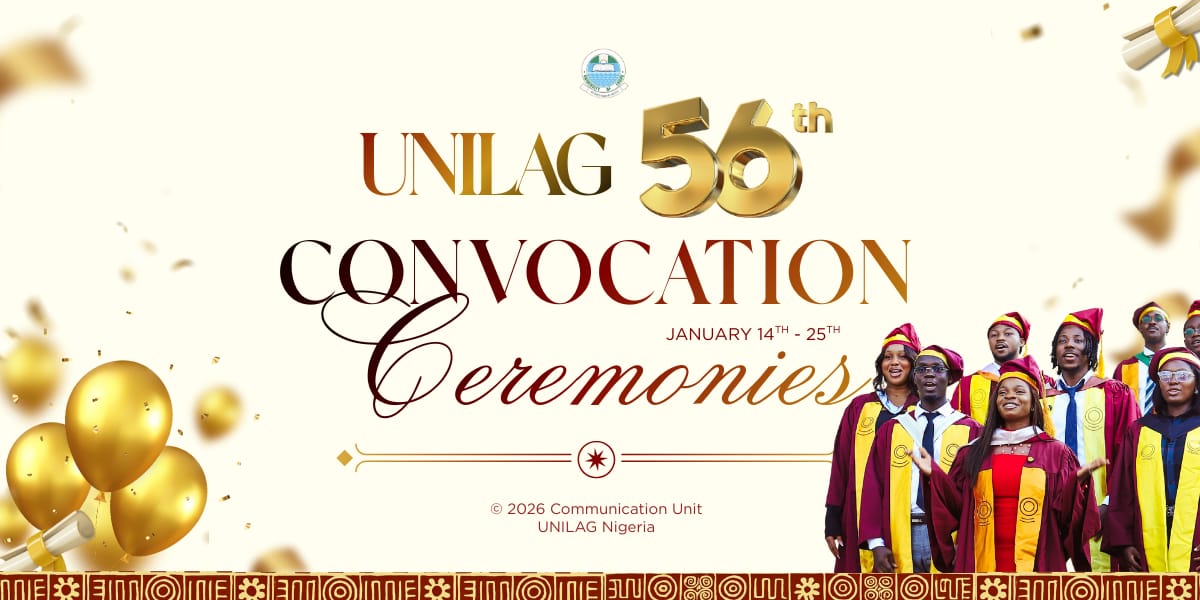In commemoration of World Environment Day 2025, Prof. Arnold Mwanzu, Associate Professor at Aga Khan University, Regional Librarian for East Africa, and a Standing Committee member of the International Federation of Library Associations and Institutions (IFLA) Environment, Sustainability, and Libraries Section (ENSULIB), has called on the University of Lagos (UNILAG) Library to take the lead in advancing the Green Library Movement, a movement aimed at positioning libraries as hubs for sustainability.
Speaking at a webinar hosted by the Department of Library and Information Science, Faculty of Social Sciences on Thursday, June 5, 2025, Prof. Mwanzu delivered an insightful presentation titled “Eco-Conscious Librarianship: Eradicating Plastic Pollution and Achieving Planetary Health.” He emphasized the critical role of libraries in promoting sustainability through education, advocacy, and reducing institutional plastic use. He also underscored the importance of Green Libraries, explaining that they serve as models of ecological responsibility through environmental policies and practices.
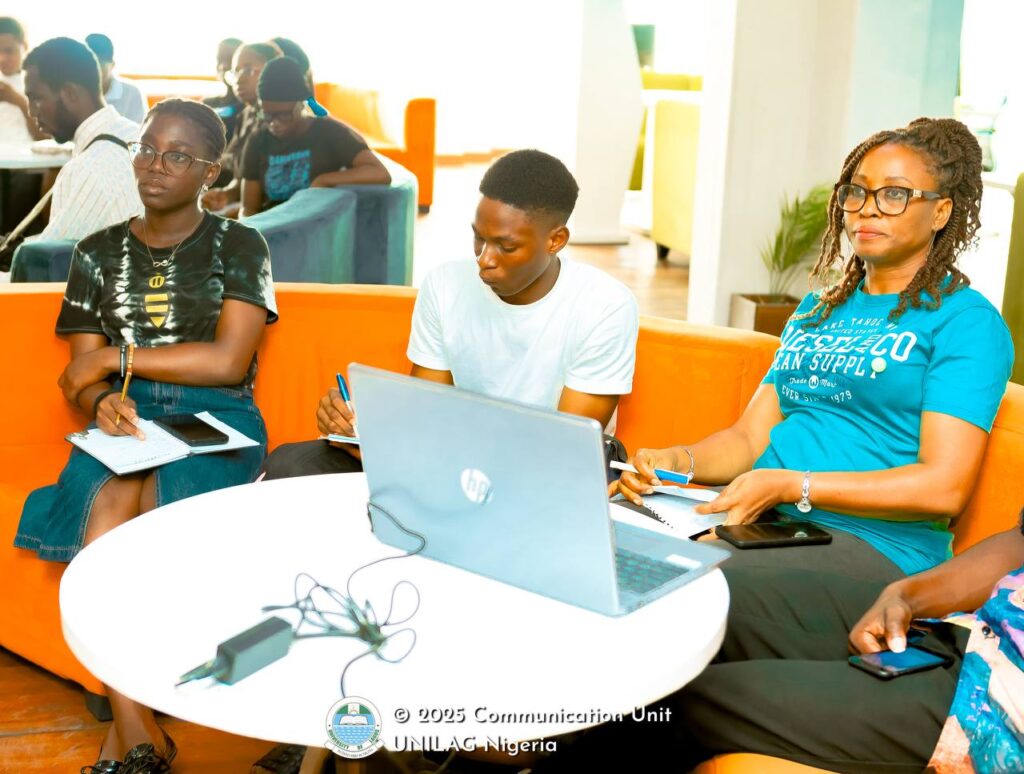
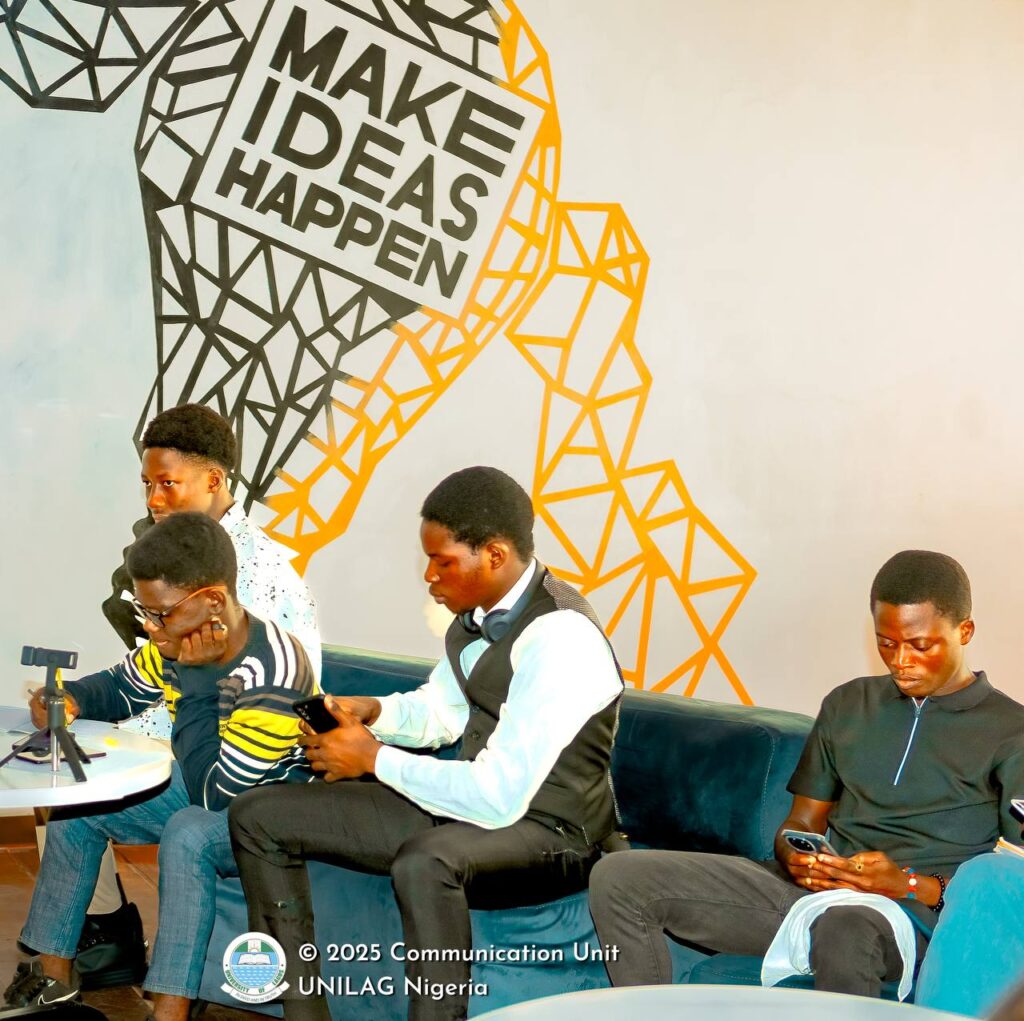
Prof. Mwanzu highlighted several actionable strategies that libraries can adopt to support environmental sustainability, including: banning single-use plastics within library premises; providing water-filling stations, such as dispensers and taps, to encourage reusable bottles; promoting the use of biodegradable bags and containers, citing Kenya’s example of sustainable packaging solutions and collaborating on clean-up campaigns to foster community participation.
The Green Library Checklist
He elaborated on IFLA ENSULIB Green Library Checklist, highlighting the waste and resources section in particular; and ENSULIB’s Waste Segregation & Resource Recovery Best Practices, emphasizing that libraries should incorporate: Dedicated waste stations with bins for recyclables, organic waste, landfill waste, and e-waste (batteries, electronics, etc.); multilingual labeling and color coding to enhance clarity and compliance; circular economy principles, such as repurposing damaged books for crafts and composting organic waste from cafés or staff kitchens.
Prof. Mwanzu further reinforced the significance of the “3 Rs” (Reduce, Reuse, and Recycle) principle, urging libraries to integrate sustainability into their daily operations.
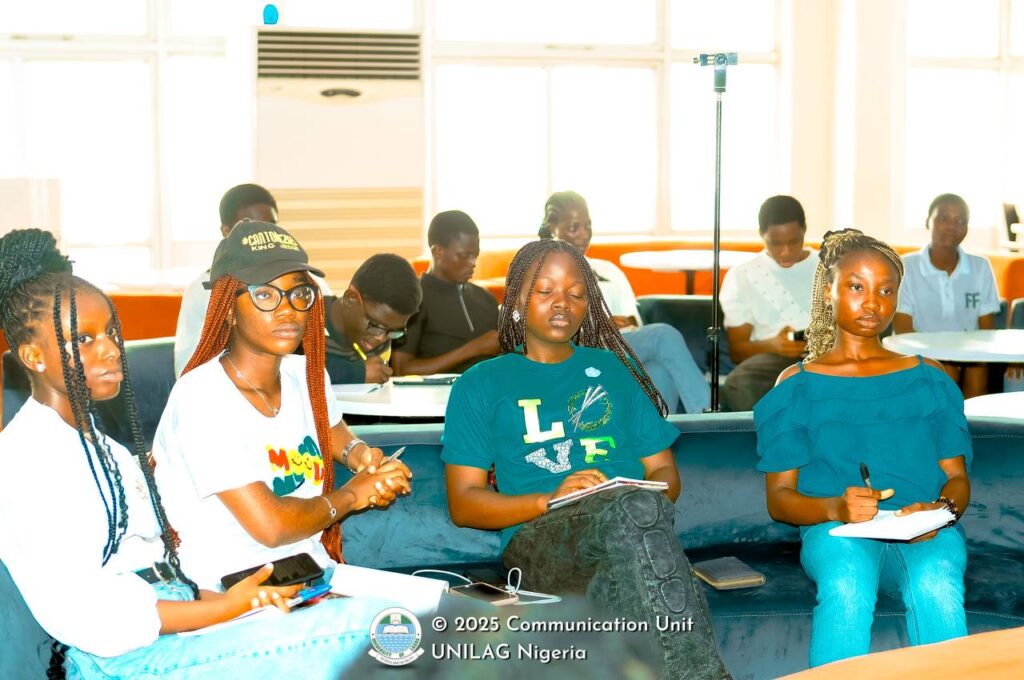
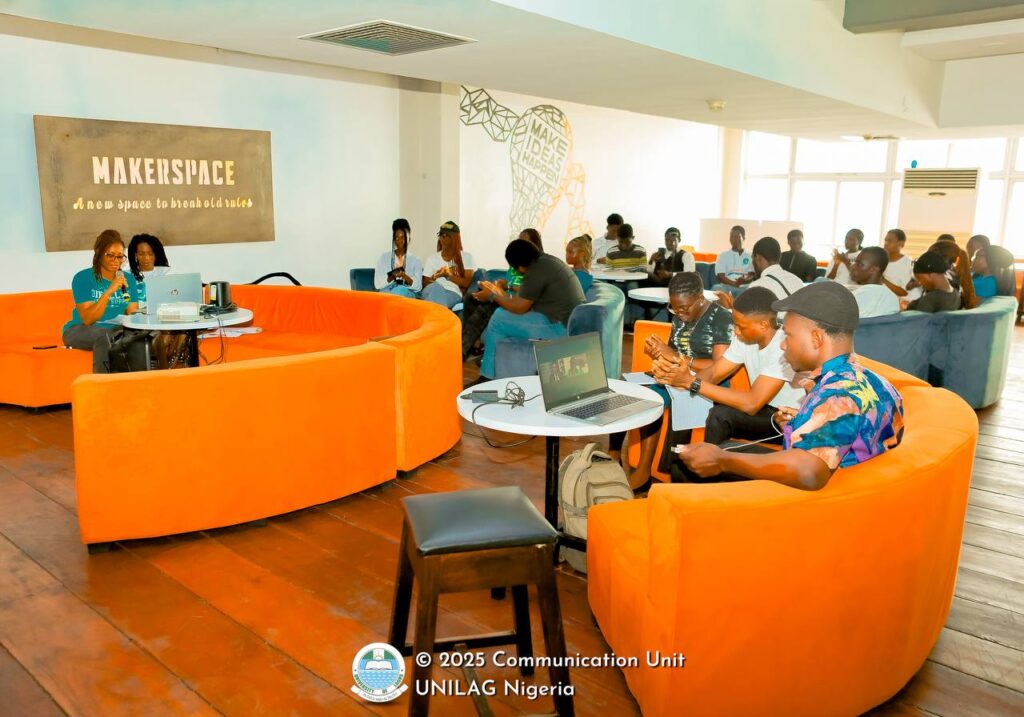
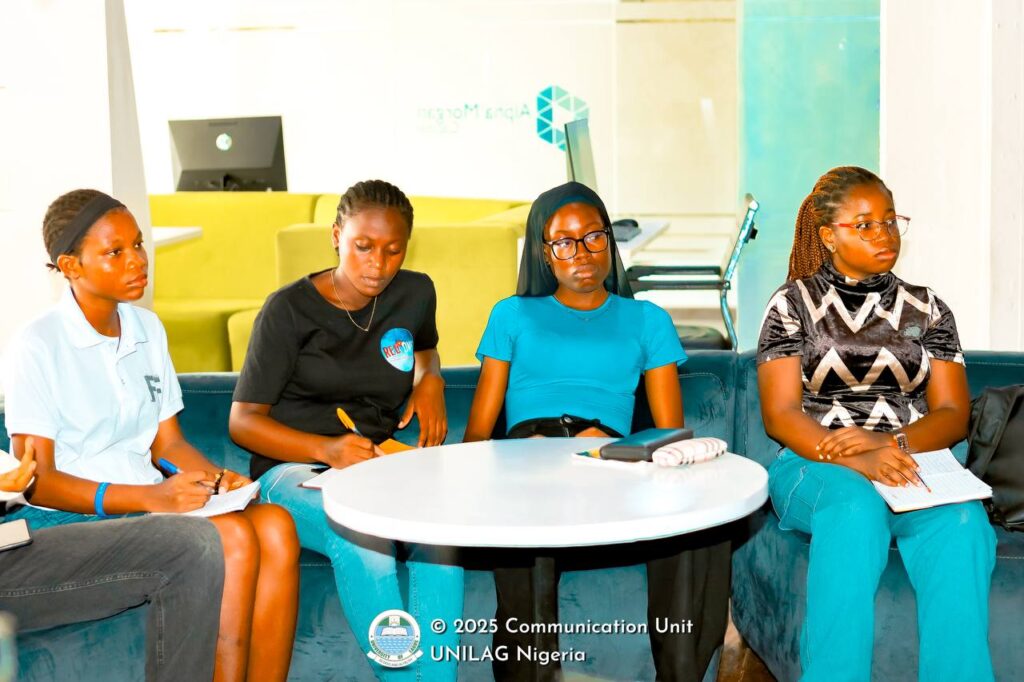
Call to Action for UNILAG Students and Faculty
To bolster UNILAG’s commitment to environmental sustainability, he recommended that:
- Students participate in clean-up drives, adopt refillable bottles and reusable bags, lead peer awareness campaigns, and advocate for a Green University Library.
- Library faculty embed Sustainable Development Goals (SDGs) and sustainability literacy into the library and information science curriculum, while also organizing public lectures, exhibitions, and green competitions.
Lessons from East Africa
Prof. Mwanzu shared insights into East Africa’s progress in environmental sustainability, referencing Kenya’s plastic ban policies and national sustainability frameworks and Rwanda’s proactive measures to combat plastic pollution and achieve a green future. He also acknowledged funding challenges faced by libraries and stressed the need for institutional support.
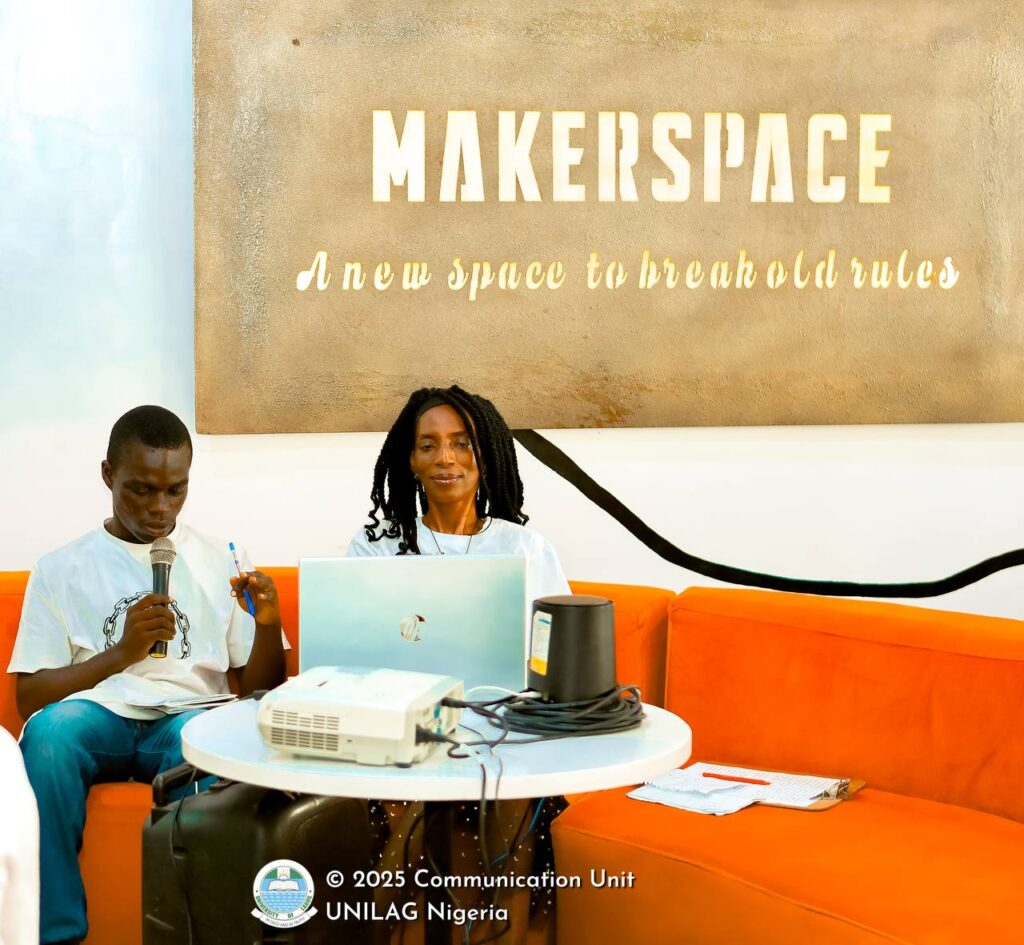
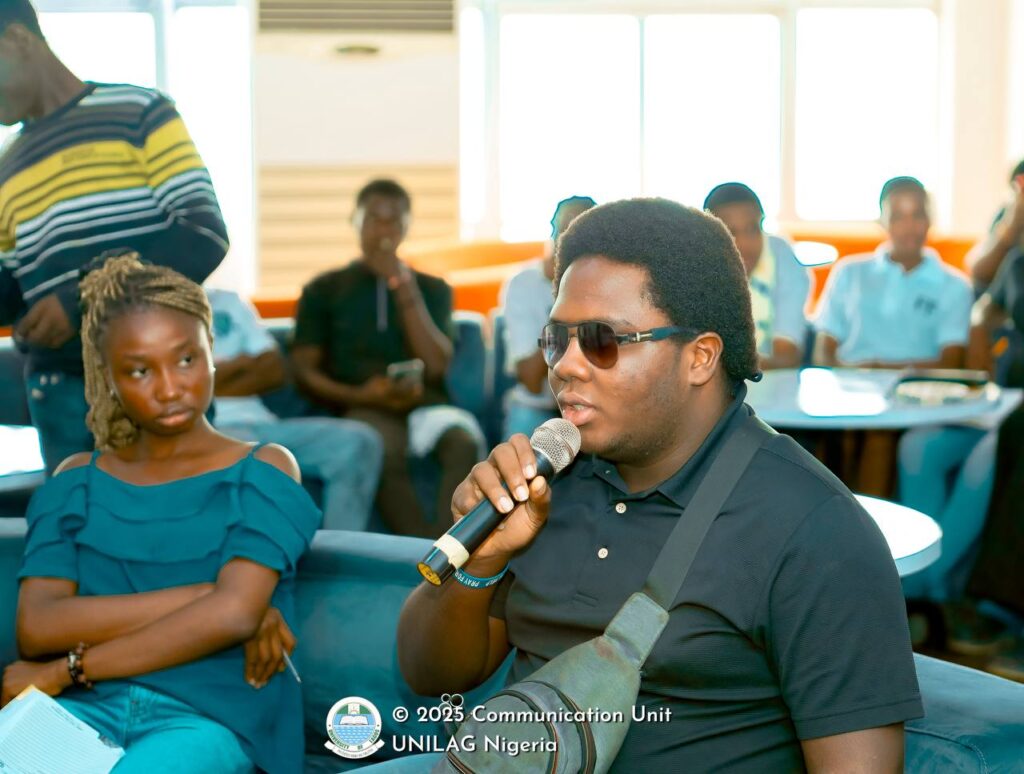
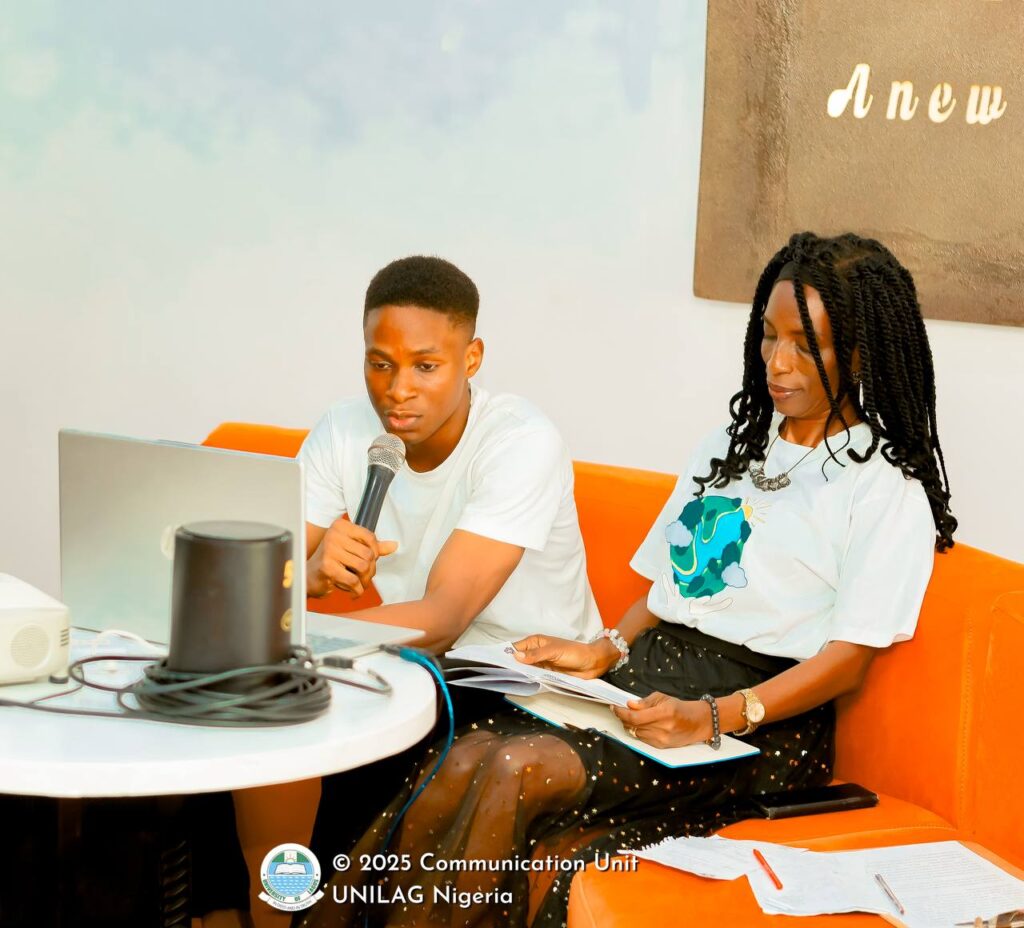
UNILAG’s Leadership in the Green Library Movement
Prof. Mwanzu concluded by affirming that UNILAG holds the potential to champion the Green Library Movement in Nigeria. He urged students to transition from plastic bottles to eco-friendly alternatives such as canvas, bamboo, or metallic containers, and encouraged librarians to align institutional policies toward environmental sustainability.
In his closing remarks, he stated: “The University of Lagos has the brilliance, the voice, and the vision to lead Nigeria’s libraries toward a zero-waste, climate-smart, and health-secure future.”
This insightful webinar, organized by the Library and Information Science Programme of the Department of Mass Communication, Faculty of Social Sciences, UNILAG, positioned the university as an active participant in the global conversation on environmental sustainability.
About World Environment Day 2025
World Environment Day, observed annually on June 5, raises awareness and encourages action for the protection of the environment. This year’s theme, #BeatPlasticPollution, underscores the urgent need to eliminate plastic waste and promote sustainable alternatives.
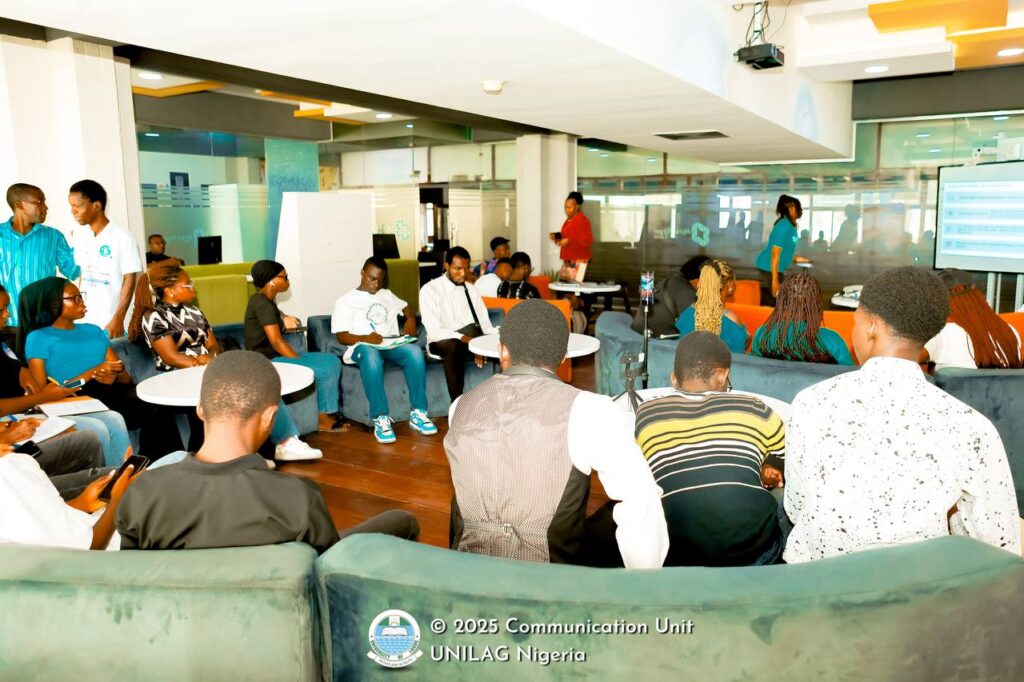
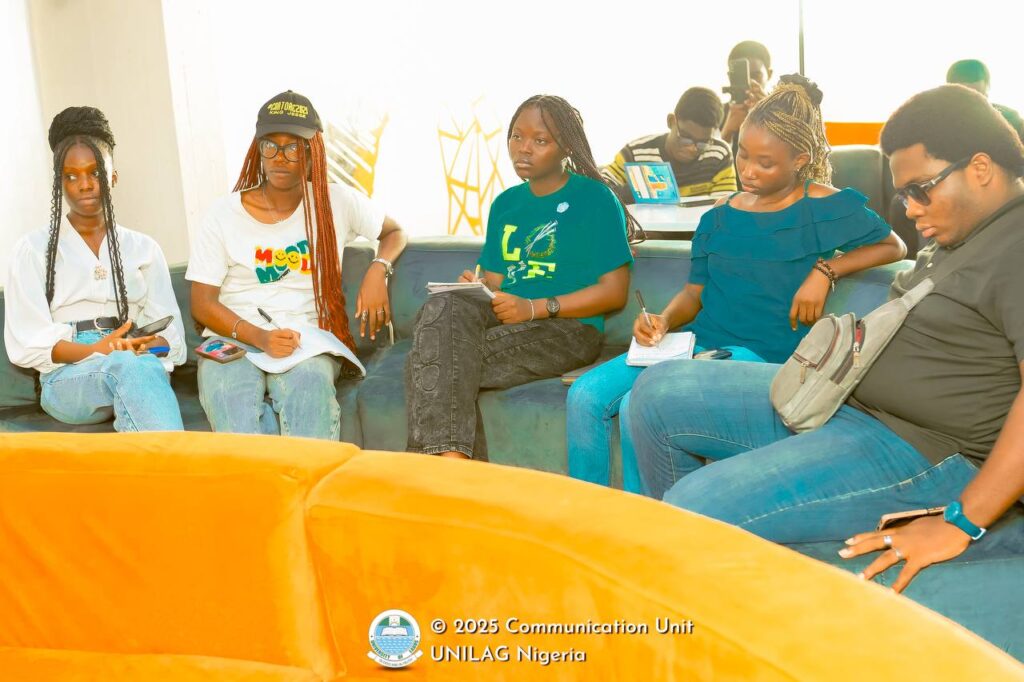
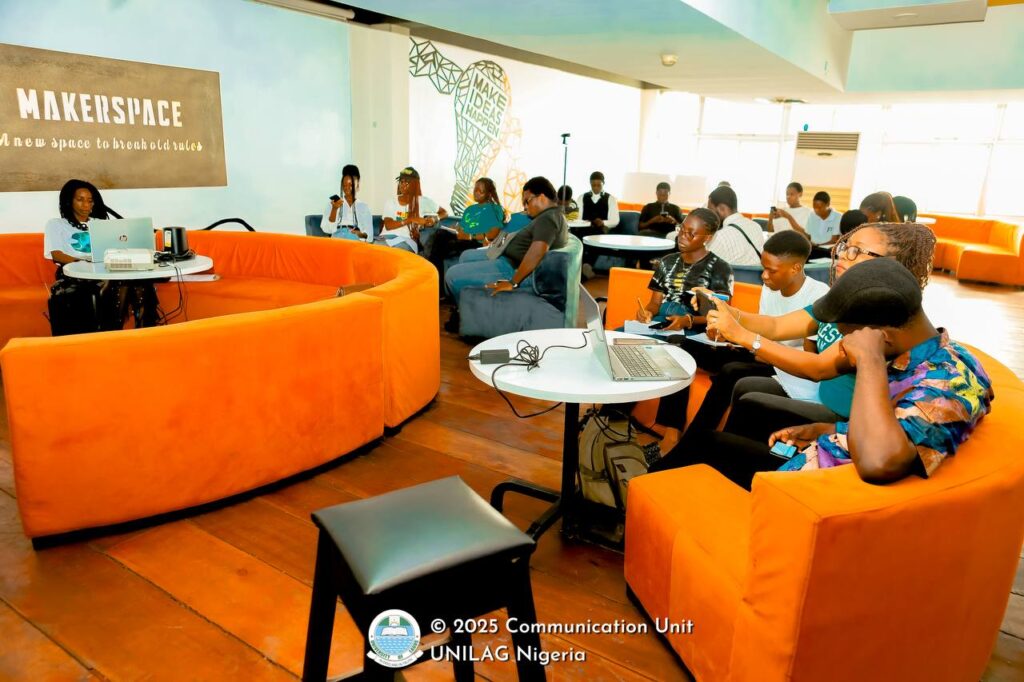
Report: Ndidi J. Odinikaeze
Photographs: Ayo Oloyede


